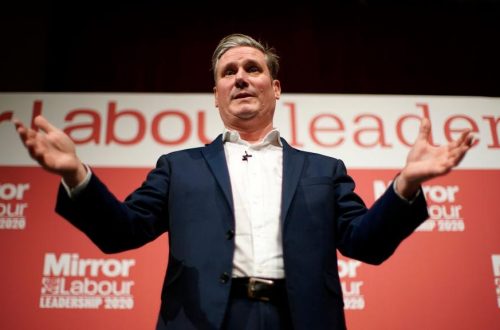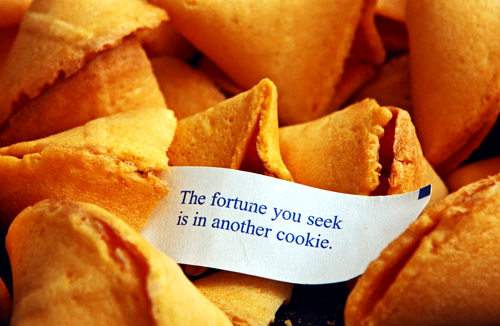I couldn’t improve on the title Geoffrey Wheatcroft gave to his article about the literary-academic world’s responses to 9/11 published in September’s Prospect magazine so I won’t even try.
He argues from a position of being against the Iraq war but distinguishes himself from many of the others who hold similar views by being able to distinguish between good and bad arguments. There are certainly plenty of the latter quoted in his article, mostly from people who should have just shut-up instead of embarrassing themselves when asked to comment on the attacks of 9/11.
He kicks off as he means to go on with this:
“The garbled utterances of the literary-academic left after 9/11 merely flattered the arguments of warmongers. Over Afghanistan this was not disastrous, but with Iraq it damaged the proper case against war. Two years ago, part of the progressive tradition proved that it was no longer serious”
The above quotation seems only to have appeared in the print version but the following quotes by members of the literary “elite” can be read in the online version. Here are two of the most ludicrous:
Alice Walker wondered this in relation to Bin Laden “What would happen to his cool armour if he could be reminded of all the good, nonviolent things he has done? What would happen to him if he could be brought to understand the preciousness of the lives he has destroyed? I firmly believe the only punishment that works is love.” No comment neccessary.
Stockhausen was even more crass. He thought the attack on the world trade centre was “the greatest work of art imaginable for the whole cosmos.” You have to ask whether it possible to be more blinkered and self-obsessed even if you fear the answer.
There are plenty more instances of people failing to engage their brains before opening their mouths in the article and it’s worth reading just for that.
However there are more important lessons to be drawn. Despite us being on different sides over the neccessity of action in Iraq I’m very tempted to agree with Wheatcroft’s words on the meaning of all this crassness and stupidity:
More than all that, 11th September was a day when consciousness changed. To look back at the responses which the murder evoked from the literary and political intelligentsia is to see something more than many clever and famous people making fools of themselves (enjoyable though that is). Here was a turning point. The mass murder in New York came just over four years after the death of Princess Diana. Writing here about that event, I said that the beatification of Diana by some alleged radicals demonstrated more vividly then anything since the fall of the Berlin wall the final bankruptcy of a large part of the progressive tradition 200 years after 1789. What was said and written after “9/11” might have been the formal declaration of that bankruptcy.
Harsh but undeniably fair.


